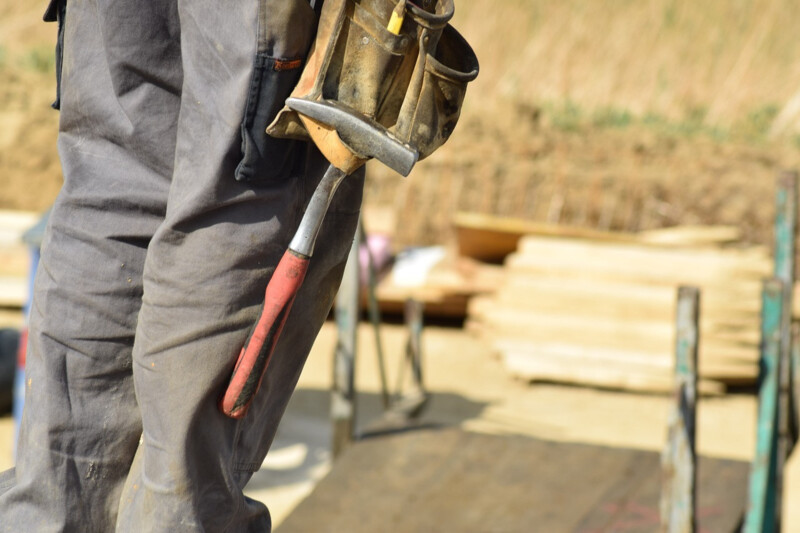L'assurance décennale pour les professionnels du BTP revêt une grande importance. Non seulement, des sanctions sont prévues par la loi en cas d'absence d'assurance, mais surtout, la décennale prendra en charge les réparations si des sinistres surviennent suite à des travaux, et ce, pendant 10 ans. Que couvre-t-elle exactement et pourquoi est-elle si importante ?
Qu'est-ce qu'une assurance décennale ?
L'assurance décennale est une assurance professionnelle du secteur BTP garantissant aux clients la prise en charge de certaines réparations en cas de dommages affectant une construction neuve ou un bâtiment déjà existant. La différence avec une assurance responsabilité civile simple est qu'elle est valable pendant 10 ans à compter de l'achèvement des travaux.
Ainsi, tous les dommages matériels ainsi que les éventuels préjudices financiers (dus à un retard de livraison, par exemple) survenant pendant cette période sont couverts.
Qui est concerné ?
Tout constructeur est responsable pendant 10 années des dommages compromettant la solidité d'un immeuble ou le rendant impropre à sa destination.
Également, les intervenants, impliqués dans la construction, la rénovation ou l'amélioration d'un ouvrage, tels que les maçons, plombiers, électriciens, plaquistes, couvreurs ainsi que les maîtres d'œuvre, architectes, promoteurs immobiliers... sont concernés par l'obligation de souscrire une assurance décennale.
Les sous-traitants qui ne sont pas en relation directe avec le client appelé maître d'ouvrage n'ont pas, légalement, la même obligation. Par contre, si d'aventure, le donneur d'ordre venait à se retourner contre son sous-traitant, prétextant que le sinistre est de son fait, il serait préférable que celui-ci soit bien protégé. À défaut, il devra financer lui-même les réparations.
Quand souscrire l'assurance décennale ?
Avant le début des travaux de construction ou de rénovation, le professionnel doit souscrire à l'assurance décennale. Une attestation de garantie décennale, délivrée par la compagnie d'assurance, est à remettre au client et à joindre aux devis et aux factures.
Que couvre l'assurance décennale ?
Le contrat couvre l'ensemble des travaux de l'année, du mois ou du trimestre, selon la formule choisie.
En général, il est prévu dans le contrat une assistance juridique en cas de litige.
En option, et si l'entreprise en a le besoin, il est possible de souscrire également à une assurance biennale. Celle-ci couvre tous les éléments d'équipement (radiateur, volet, porte, chauffe-eau...) qui ne fonctionnent pas correctement, pendant une période de deux ans.
Les dommages garantis par la décennale sont ceux qui affectent le gros œuvre (fondations, murs, toiture, charpente...), le second œuvre (isolation, menuiseries, électricité...) et les équipements intégrés (tuyauteries, systèmes de chauffage...).
Ainsi, tous les sinistres tels que fissures importantes, infiltrations d'eau, effondrement de plancher, incendie dû à une erreur dans l'installation électrique et bien d'autres encore, peuvent être pris en charge par l'assurance.
Pourquoi prendre une assurance décennale ?
Hormis le caractère obligatoire de cette assurance, ne pas y souscrire c'est prendre un gros risque. En l'absence d'assurance, dans le pire des cas, l'entrepreneur peut écoper d'une peine de six mois d'emprisonnement et de 75 000 euros d'amende, mais il est aussi tenu d'indemniser personnellement le plaignant.
Être bien assuré permet à chaque corps de métier du bâtiment de travailler ensemble en toute sérénité dès le démarrage d'un chantier. En effet, personne n'est à l'abri d'une erreur ou d'une malfaçon et donc d'une réclamation de la part du maître d'ouvrage.
